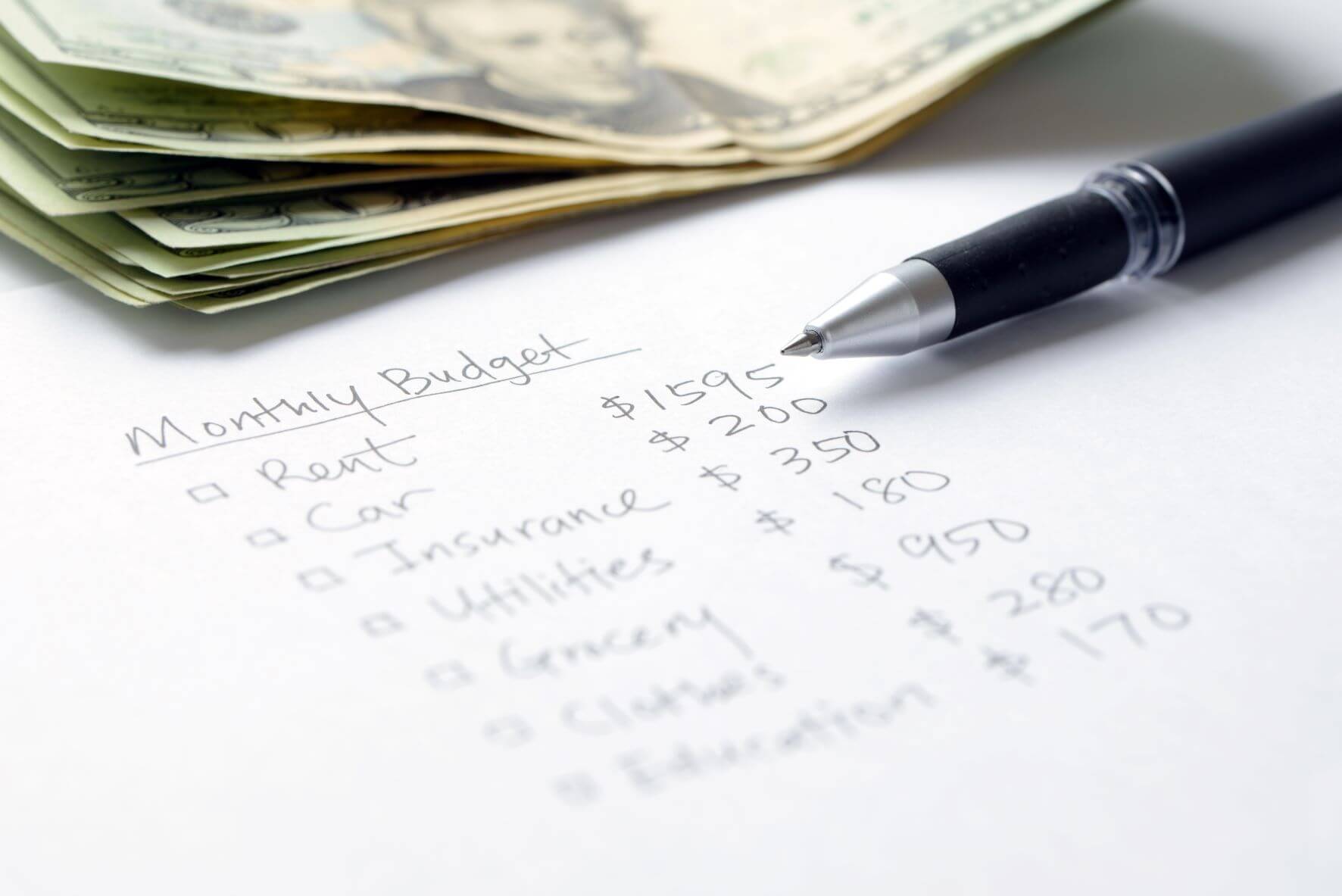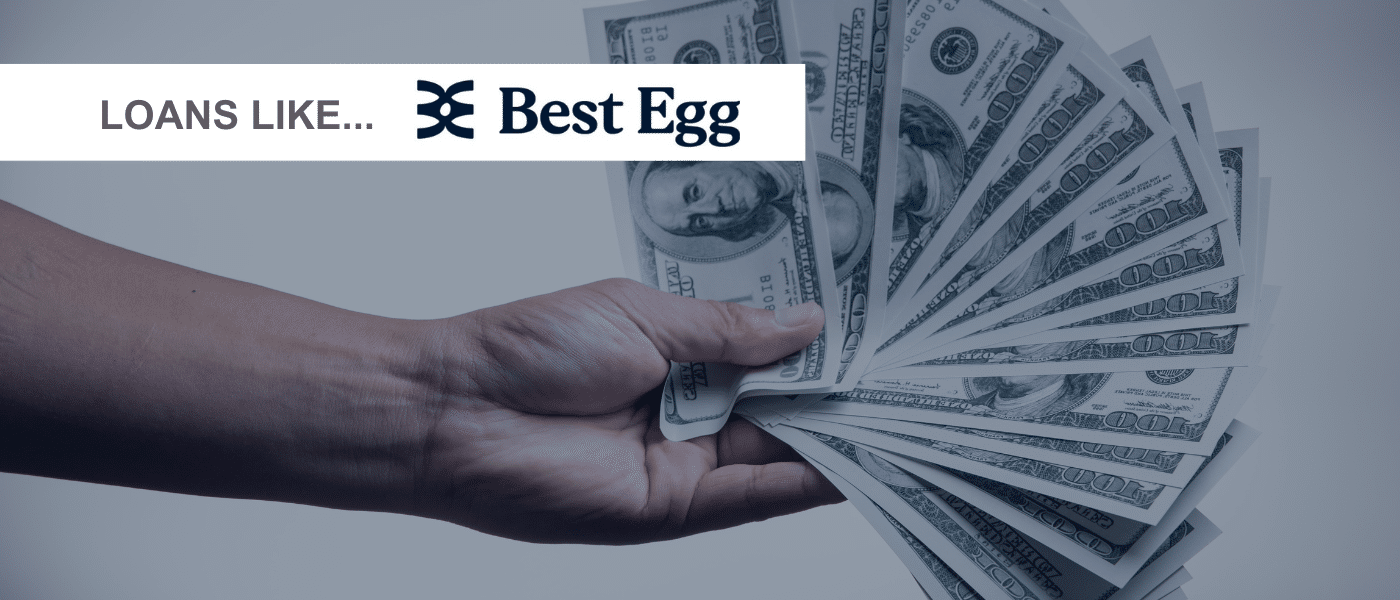
What Is a Credit Builder Loan?
A credit builder loan is a financial product that can help consumers establish a positive credit history. Unlike a traditional loan, borrowers will receive a
Brand

Lendmo is an online tribal lender that offers installment loans. Similar lenders to Lendmo include River Valley Loans, Mawka Finance, and Plain Green Loans, which…

Key Takeaways
Loans like Bright Lending are tribal loans with high APRs, appealing to those with poor credit needing fast cash, but their costly repayment terms…
Budgeting

Personal loans—types of installment loans—are some of the most versatile loan options available, and you can use them for almost any reason, including shopping. However,…

Consumers can make a yearly budget by calculating their net income, setting a monthly budget, tracking their spending, and making a financial plan. By making…

Car owners can reduce the amount of negative equity on their cars by paying off their auto loan, fixing any existing damage to their cars,…
Credit

If you’re starting from scratch with no credit history, don’t worry, you’ve got options. You can build credit from nothing by getting a secured credit…

Key Takeaways
Loans for a 600 credit score are available, including payday loans, secured loans, and peer-to-peer loans, though they often come with higher interest rates…
View More
Debt

You can deal with debt collectors when you can’t pay by contacting the Consumer Financial Protection Bureau, working with a credit counseling organization, or taking…

Car owners can reduce the amount of negative equity on their cars by paying off their auto loan, fixing any existing damage to their cars,…

Key Takeaways
Getting a no income loan is possible if the borrower shows proof of other forms of income, such as Social Security, rent, or unemployment…
Interest Rates

An interest rate is the amount lenders charge for borrowing money. It’s typically expressed as a percentage of the principal on an annual basis. Interest…

Simple interest is a way of calculating the interest charge on a loan or investment based on the original principal amount and the interest rate….
Loans

Personal installment loans for wedding expenses give borrowers the money they need upfront to plan their big day. A personal loan typically provides a few…

Personal loans—types of installment loans—are some of the most versatile loan options available, and you can use them for almost any reason, including shopping. However,…

Surprise bills can pop up at any time and deplete your budget. For example, your car may break down and need immediate repairs. According to…
Quick And Easy Personal Loans Up To $2500*